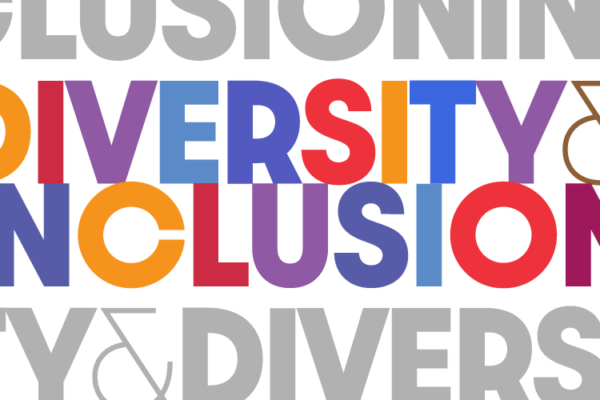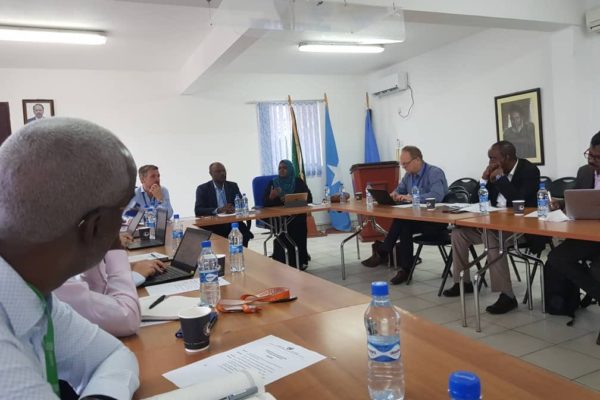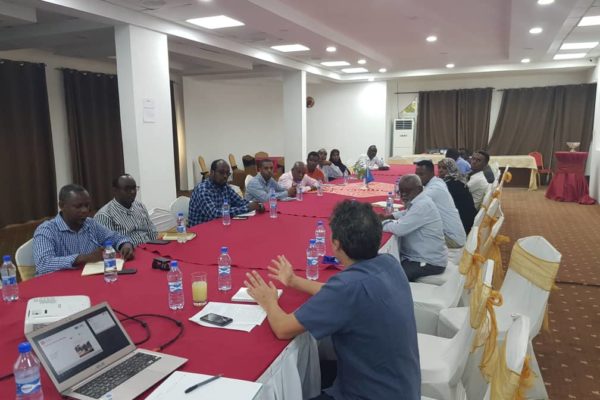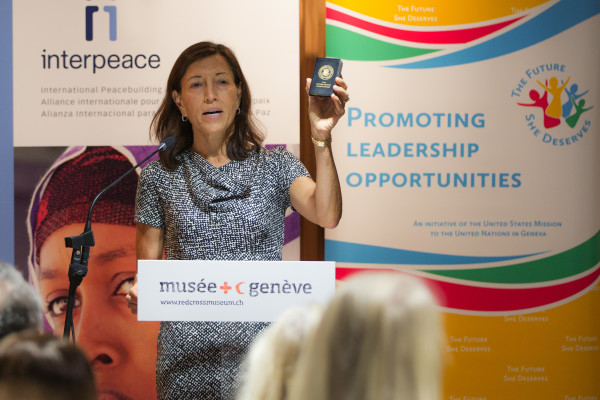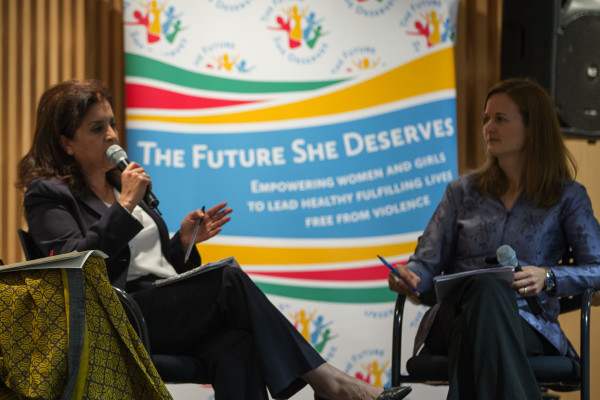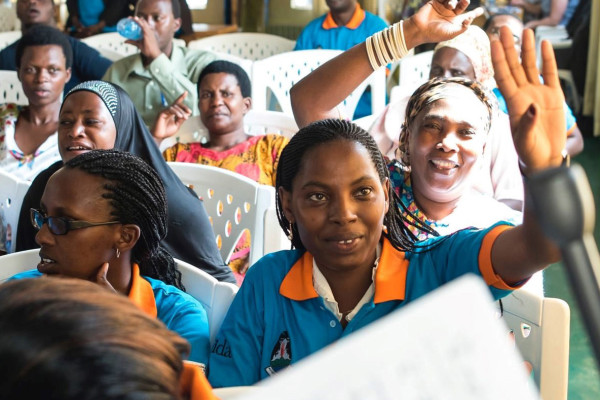This is a story about two rival communities whose members went from a history of violence against each other to supporting a joint candidacy for a seat in the provincial parliament. Two years of dialogue and engagement between community leaders, facilitated by Interpeace and our partner, RIO, has helped to make this powerful transformation possible.
The Ruzizi Plain is a vast area of fertile land stretching from the Ruzizi River in the eastern part of the Democratic Republic of Congo (DRC). Situated in South Kivu Province, along the DRC’s border with Burundi, the Plain is mostly inhabited by the Bafuliro and Barundi communities.
The Bafuliro and the Barundi have for many decades lived in competition over land and economic opportunities. One of the main areas of contention has been the customary chieftaincy, which plays an important role in local governance. The chieftaincy offers control of the natural resources in the Ruzizi Plain, key among them the arable lands along the Ruzizi River. It also runs tax collection in the local marketplaces and cross-border movement. This by extension includes control over the lucrative cross-border export of minerals and trafficking of narcotics.
A History of Identity-based Tension
The crux of the rivalry is that the Bafuliro consider themselves indigenous Congolese and perceive the Barundi as foreigners of Burundian origin. On their part, the Barundi claim to be the rightful traditional rulers of the Ruzizi Plain, having administered it since the colonial era. The Bafuliro refuse to recognize leadership of the Barundi, and the rivalry between these two communities has periodically fuelled open violence. This identity-based tension is embedded in a nationwide dynamic of animosity in the DR Congo, manifesting itself between communities who consider themselves as “indigenous” versus those perceived as “foreign”. It is essentially a long-running feud between communities that settled earlier within the country’s territorial borders as currently defined and those who arrived decades, centuries or years later. Coupled with political manipulation, these tensions often lead to gruesome violence.
A Crisis of Violence
In 2012, the murder of a traditional Barundi chief touched off a deadly spate of violence between the Bafuliro and the Barundi. The worst incident in the conflict involved a massacre of an estimated 30 people in the village of Mutarule. The Bafuliro seized the opportunity presented by the crisis to reject the continued governance of the traditional chieftaincy, in its place suggesting the broadening of their administrative area from a chefferie (traditional chiefdom) into a sector. This was a tactical move, because according to the country’s constitution, the leader of a sector must be an elected official, a factor that favours the Bafuliro because they hold the majority in the Ruzizi Plain and are thus much better placed to win in any local elections. The Barundi challenged this alternative, terming their right to lead the chiefdom legitimate and non-negotiable.
The Congolese government and the UN Mission in the DRC (MONUSCO) made efforts to mediate the conflict but were unable to fully restore the peace. Not even the deployment of security forces could completely end the conflict between the two communities. An analysis by the International Crisis Group of previous, top-down peace initiatives in the Ruzizi Plain found them to have been ineffective and recommended a local peacebuilding approach anchored on impartial dialogue and mediation.
A Dialogue Begins
In 2014, Interpeace and RIO, its DRC partner organization in South Kivu, began meeting with members of the two communities while carrying out a research on land, identity, power and the movement of populations in the region, as part of Interpeace’s Cross-border Dialogue for Peace in the Great Lakes Region Programme. In the beginning, the two communities were unwilling to meet each other. The memory of the Mutarale massacre and other violent acts was still fresh. When researchers met the two communities separately, each side made demands that they wanted fulfilled before they could begin to consider a reconciliation with the other side. This animosity was particularly dangerous, considering that Burundi is currently in a delicate political situation following recent controversial elections, while the DRC has elections scheduled for 2016.
Out of the research emerged a dialogue process that consisted of permanent dialogue groups comprising members of the two communities. Soon it came to the notice of the researchers that a small number of Bafuliro and Barundi leaders were quietly making attempts to reconcile their communities, urging them to find a mutually agreeable way to coexist in peace and amicably share the contentious resources. Two of these leaders were Professor Muhinduka Di-Kuruba of the Bafuliro and Claude Mirindi of the Barundi.
Voices Emerge for Peace
As it turns out, Claude Mirundi had actively participated in every single dialogue session of the focus group discussions and the permanent dialogue groups facilitated by the Interpeace and RIO peacebuilding programme, as a representative of the Barundi community. On the Bafuliro side, Professor Muhinduka, a well-regarded traditional and intellectual leader in his community, had increasingly expressed his support for the dialogue process, consistently seeking information about the outcomes of the dialogue meetings and actively encouraging his fellow Bafuliro to participate in the peacebuilding programme.
A Joint Campaign for Parliament
A fundamental sign of progress towards transformative change came recently when Professor Muhinduka announced his candidacy for a position in the provincial parliament, with Claude Mirundi as his running mate. Such a joint candidacy between a Bafuliro and Barundi candidate would have been unthinkable just a few months ago, yet the two men are already campaigning together, mobilizing votes from both their communities to maximize their chances of winning.
The example set by these two leaders offers a strong example of how an inclusive dialogue process can indeed change people, and communities. Their courage to walk together symbolizes the possibility of healing, trust building and sustainable peace between these two long-feuding communities. Their example resonates with Interpeace’s conviction that peace is possible at the community level, as well as in the entire province and across the entire Great Lakes region.
